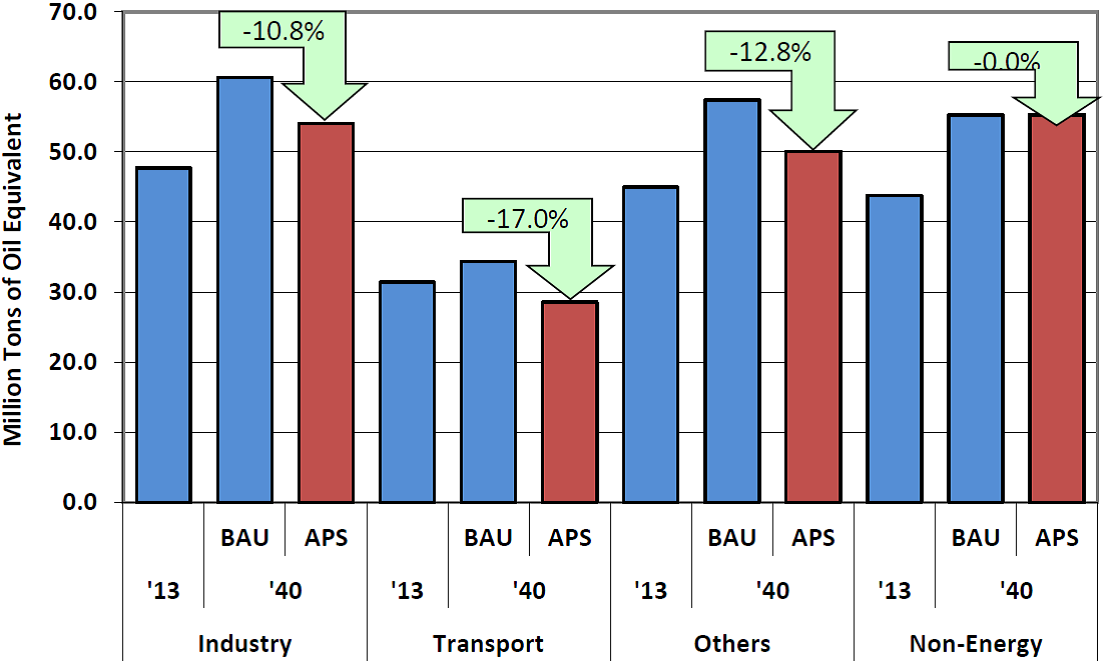Kyung-Jin Boo
Seoul National University, South Korea
Biography
Kyung-Jin Boo is currently teaching a series of courses on energy economics and policy, technology and standards at Seoul National University. He has been a Researcher at Korea Energy Economic Institute (KEEI), a unique government-sponsored research institute since 1980. With key knowledge and experience in both Renewable Energy and Economic Policies, he has been giving insight into the government policies and plans to invigorate the development and deployment of renewable energy technologies. He has been playing a key role in international fora and organizations of renewable energy and sustainability. He has completed his BS in Mining and Petroleum Engineering at Seoul National University in 1979; MBA in International Business at the same university in 1983 and PhD at the University of Delaware, US, in Public Economics and Policy. He has authored and co-authored numerous research papers and reports.
Abstract
Background & Aim: The Korean government has established four national energy masterplans in which demand and supply for energy was projected along with a set of policy goals and a series of strategies and action plans to attain them. These masterplans, however, have not been successfully implemented as planned. In the recognition of the limit of the past energy masterplan, this study attempts to address these problems with a different and new scenario approach shifted from supply-oriented to demand-oriented to find an energy saving potential.
Modeling Assumptions: Despite the continuing reliance on coal and nuclear energy for power generation to meet the base load, it is projected to be strong growth in power generation from wind power and solar PVs driven by the recently established renewable energy 2030. Korea’s energy saving goals can be attained through implementing energy efficiency improvement programs in all energy sectors.
Findings: With an assumption of low economic and population growth, final energy consumption in Korea is projected to increase at low average rate of 0.8 % a year between 2013 and 2040 under the BAU scenario. Based on this BAU scenario, a total of five alternative scenarios are developed on the focus of policy options: first, improved efficiency of final energy demand (APS1); second, more efficient thermal power generation (APS2); third, higher contribution of renewable energy to total supply (APS3); fourth, contribution of nuclear energy to total supply (APS4); and finally, combined effects of APS 1-4 (APS5).
Conclusion & Significance: Up to now the Korean government has been mainly concerned with policy priorities of energy security, energy efficiency and environmental preservation. Now it is the time for Korea to synergize those efforts exerted so far by selection and concentration of policy tools and programs base on the outcomes of this study.
